
Author Mads Timmermann
Mads has 14+ years of experience as a skin expert and has written/read this article.
Introduction
Dealing with acne is a common struggle for many teenagers. The teenage years are often when acne becomes a prevalent concern, as hormonal changes can lead to an increase in oil production and subsequently, the development of pimples and blemishes. Finding the best acne treatment for teens is crucial to boost their self-confidence and help them maintain healthy skin throughout this challenging phase of adolescence.
Understanding teenage acne is essential for determining the most effective acne treatments for teens. Various factors need to be considered when choosing the right acne treatment, such as skin type, severity of acne, and any potential side effects of the treatment. Preventive measures also play a vital role in managing acne and promoting healthy skin for teenagers.
Key Takeaways
- Identifying the most effective acne treatments for teens is crucial for boosting self-confidence and maintaining healthy skin during adolescence.
- Understanding the factors to consider when choosing acne treatments can help tailor the approach to a teen's specific needs.
- Implementing preventive measures is essential for long-term acne management and promoting overall skin health.
Understanding Teenage Acne
Teenage acne is a common skin condition that affects a large percentage of adolescents. The onset of acne typically occurs around the age of 11 in girls and a slightly later age for boys. Most teenagers experience some degree of acne, with varying severity. Let's dive deeper into the causes and contributing factors of teenage acne.
During puberty, hormones known as androgens increase, leading to increased oil production in the skin. This excess oil, combined with dead skin cells, can clog pores and create an environment for bacteria to thrive, resulting in acne. Additionally, factors like genetics, diet, and stress can also contribute to the development of acne in teenagers (source).
It's important for teens to understand that acne is not their fault and that it is a natural process that many adolescents go through. However, some common mistakes in skincare routines, like overwashing or using harsh products, can further aggravate acne. Instead, we recommend adopting a gentle yet effective skincare routine that takes into account the unique needs of their skin.
Effective acne treatment for teenagers includes a combination of proper skincare, healthy lifestyle choices, and, in some cases, medical intervention. Over-the-counter treatments containing benzoyl peroxide or salicylic acid can help to clear mild to moderate acne. For more severe cases, a dermatologist may prescribe medications such as topical retinoids or oral antibiotics to target the root causes of acne (source).
In addition to medical treatments, teenagers can also make lifestyle adjustments to help manage their acne. These include maintaining a balanced diet rich in fruits, vegetables, and lean proteins, staying properly hydrated, getting regular exercise, and managing stress levels.
By understanding the causes of teenage acne and making informed choices about skincare and lifestyle, adolescents can effectively manage and improve their skin condition. Remember, patience and consistency are key in achieving better skin health.
Best Acne Treatments for Teens
Over-The-Counter Products
Many over-the-counter (OTC) products are available to help treat teenage acne effectively. Thanks to their convenience, these products have become a popular choice for many teens. Some OTC acne treatment options contain benzoyl peroxide, which helps to kill acne-causing bacteria and reduce inflammation. Another common ingredient is salicylic acid, which helps to unclog pores and prevent new breakouts. When using these products, it is crucial to follow the manufacturer's instructions and use them consistently for the best results.
Prescription Medications
For more severe acne cases, teens may require prescription-strength medication. A dermatologist can guide teenagers on the most suitable treatment options depending on their individual needs. Some medications that may be prescribed include topical retinoids, which help to speed up skin cell turnover, or oral antibiotics, which work to eliminate acne-causing bacteria. In some cases, hormonal treatments may be recommended, such as oral contraceptives for teenage girls, which can help to regulate hormone levels and reduce acne breakouts.
Natural Remedies
While many teens turn to over-the-counter products and prescription medications, some may prefer to explore natural remedies for their acne. One option is using tea tree oil, a powerful antibacterial and anti-inflammatory agent that may help reduce redness and swelling associated with acne. Additionally, green tea extract may be beneficial due to its antioxidant and anti-inflammatory properties. Finally, some may find success in using effective skincare products that are gentle on the skin and specifically formulated for those with acne-prone skin.
Remember, every teenager's skin is different, so it's essential to find the right acne treatment that works for their specific needs. We encourage you to explore the options available and consult with a healthcare professional if necessary.
Factors to Consider When Choosing Acne Treatments

Skin Type
It is essential to consider an individual's skin type when choosing an acne treatment for teens. This is because products for oily skin may not be suitable for those with dry skin and vice versa. We recommend that you first assess your skin type before selecting any acne treatment products. To assist you in determining your skin type, consider taking a customized skin test that helps you identify the ideal skin care routine for your skin.
Severity of the Acne
The severity of the acne plays a significant role in choosing the appropriate treatment. Mild acne can often be treated with over-the-counter topical products, while moderate to severe acne may require prescription medications or even dermatologist-supervised treatments. When dealing with moderate to severe acne, we recommend that you consult with a dermatologist to discuss the most effective treatment options for your specific condition.
Possible Side Effects
It is crucial to consider the potential side effects of acne treatments before making a decision. Some medications may cause dryness, redness, irritation, or even more severe reactions. Be mindful of the ingredients in these products and ensure that you are aware of the possible side effects. If you experience any adverse reactions to a treatment, discontinue its use immediately and consult with a dermatologist for guidance on alternative treatments.
In conclusion, when choosing acne treatments for teens, it's essential to consider factors such as skin type, severity of the acne, and possible side effects. By taking these factors into account, you can make an informed decision to ensure the most effective and safe treatment for your acne.
Preventive Measures for Acne
We believe that taking preventive measures is crucial in managing acne, especially for teenagers. One of the most effective ways to prevent acne is by maintaining a consistent skincare routine. This includes gently cleansing the face with a mild cleanser twice a day, which helps remove dirt, excess oil, and bacteria that may contribute to the development of acne. It is essential, however, not to over-cleanse or use harsh scrubs, as these can irritate the skin and worsen acne.
Another crucial preventive measure is to moisturize the skin regularly. Although it may seem counterintuitive for oily skin, using a non-comedogenic and oil-free moisturizer can actually help balance oil production and keep the skin hydrated. Dehydrated skin may produce more oil, which can lead to acne breakouts.
In addition to cleansing and moisturizing, applying sunscreen is vital in preventing skin damage and irritation that can exacerbate acne. For acne-prone skin, we recommend using a non-comedogenic, oil-free, and broad-spectrum sunscreen with an SPF of 30 or higher.
Including some lifestyle changes can also help prevent acne. For instance, managing stress and maintaining a balanced diet can contribute to healthier skin, as stress and certain foods may trigger hormonal fluctuations that may cause acne breakouts. Consuming a diet rich in fruits, vegetables, whole grains, and lean protein sources can help regulate hormone levels and reduce inflammation associated with acne.
Managing hair care is another important factor to consider for acne prevention. Regularly washing the hair, especially if it is oily, can help prevent oil and bacteria from the scalp from spreading to the face. Additionally, avoiding hair products that contain heavy oils or silicones will help reduce the risk of clogged pores and breakouts.
Following these preventive measures and maintaining a consistent and gentle skincare routine can help reduce the likelihood of developing acne and promote healthier skin in teenagers.
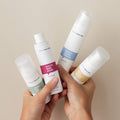
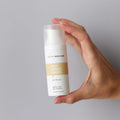
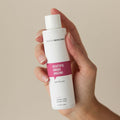
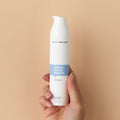
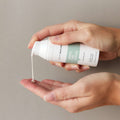
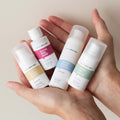
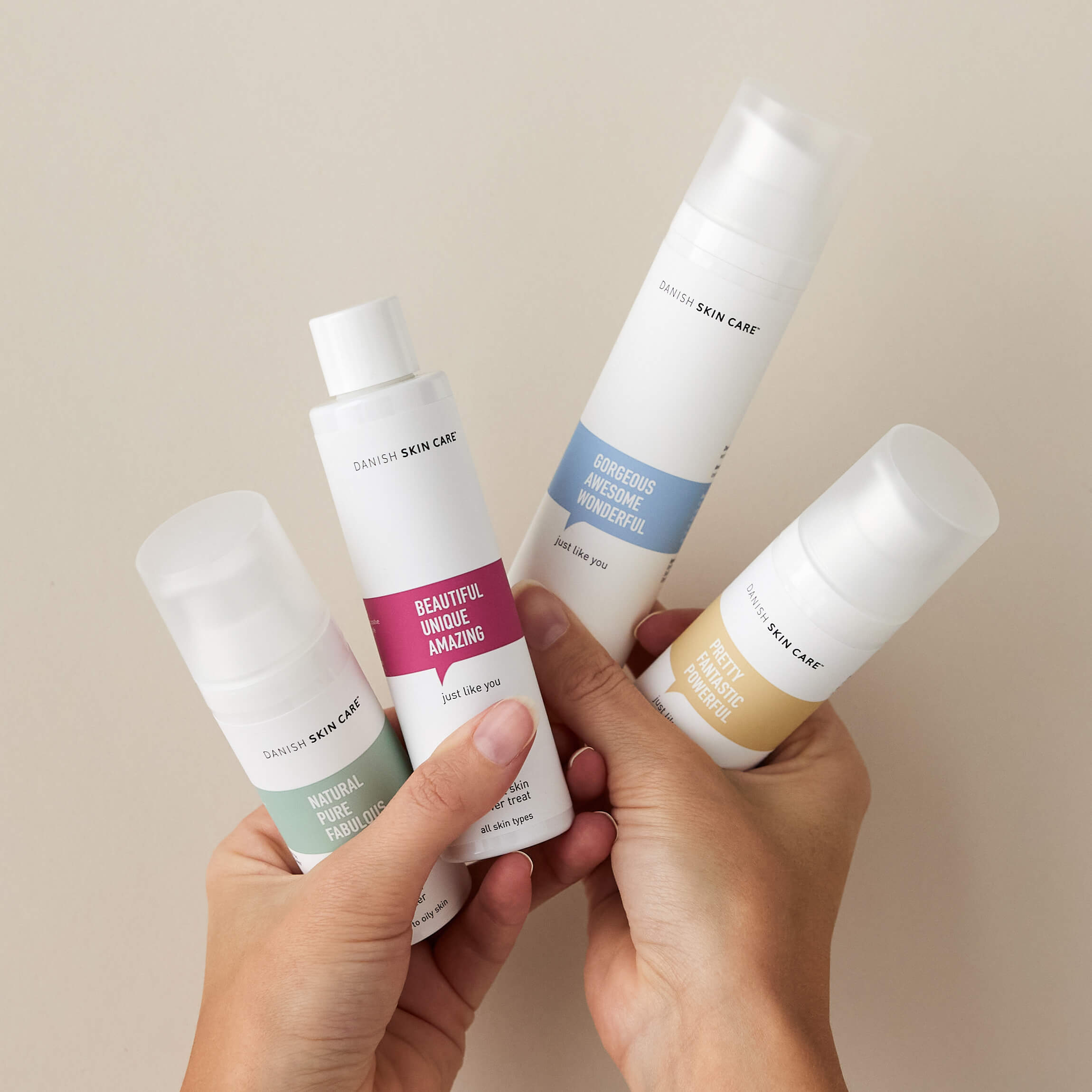
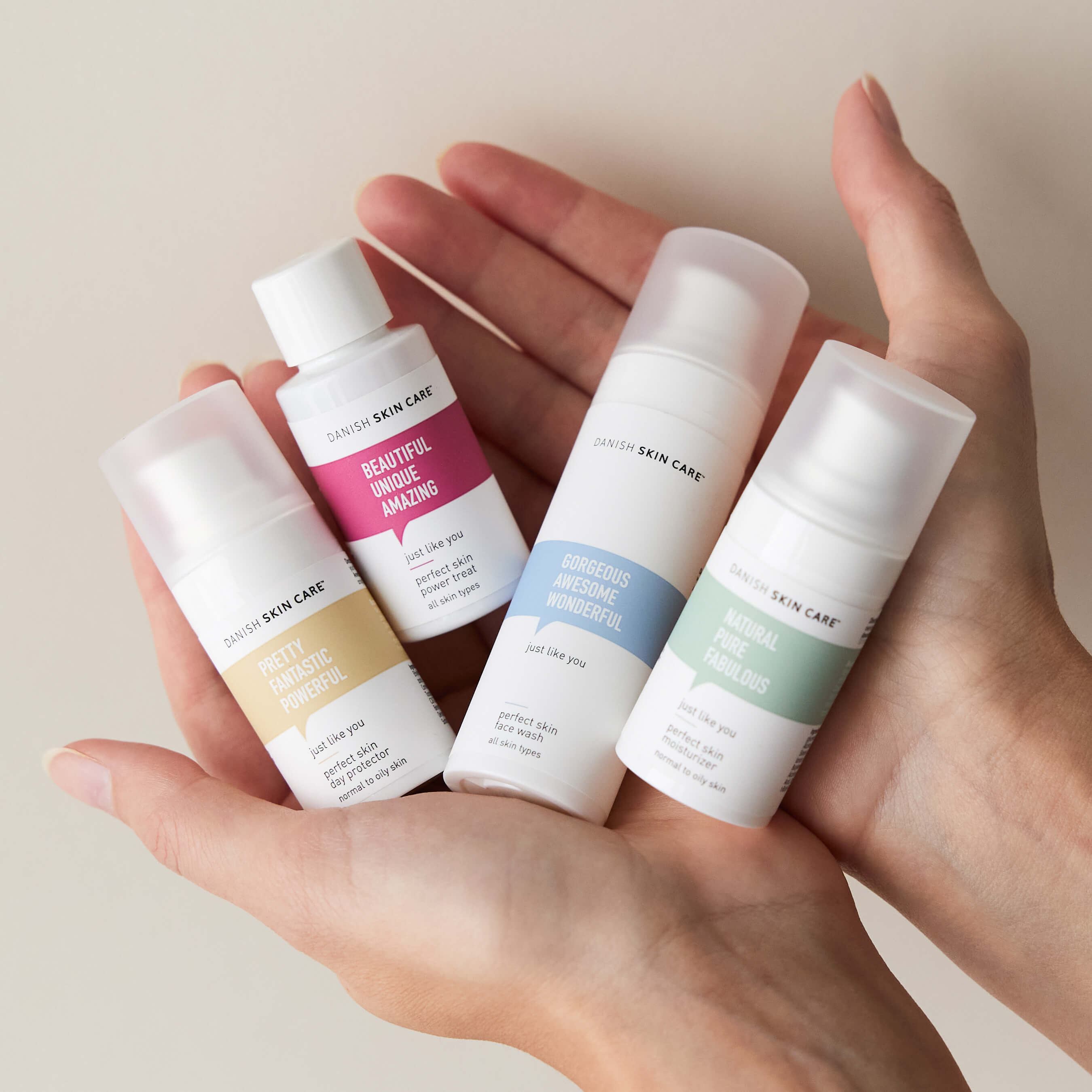

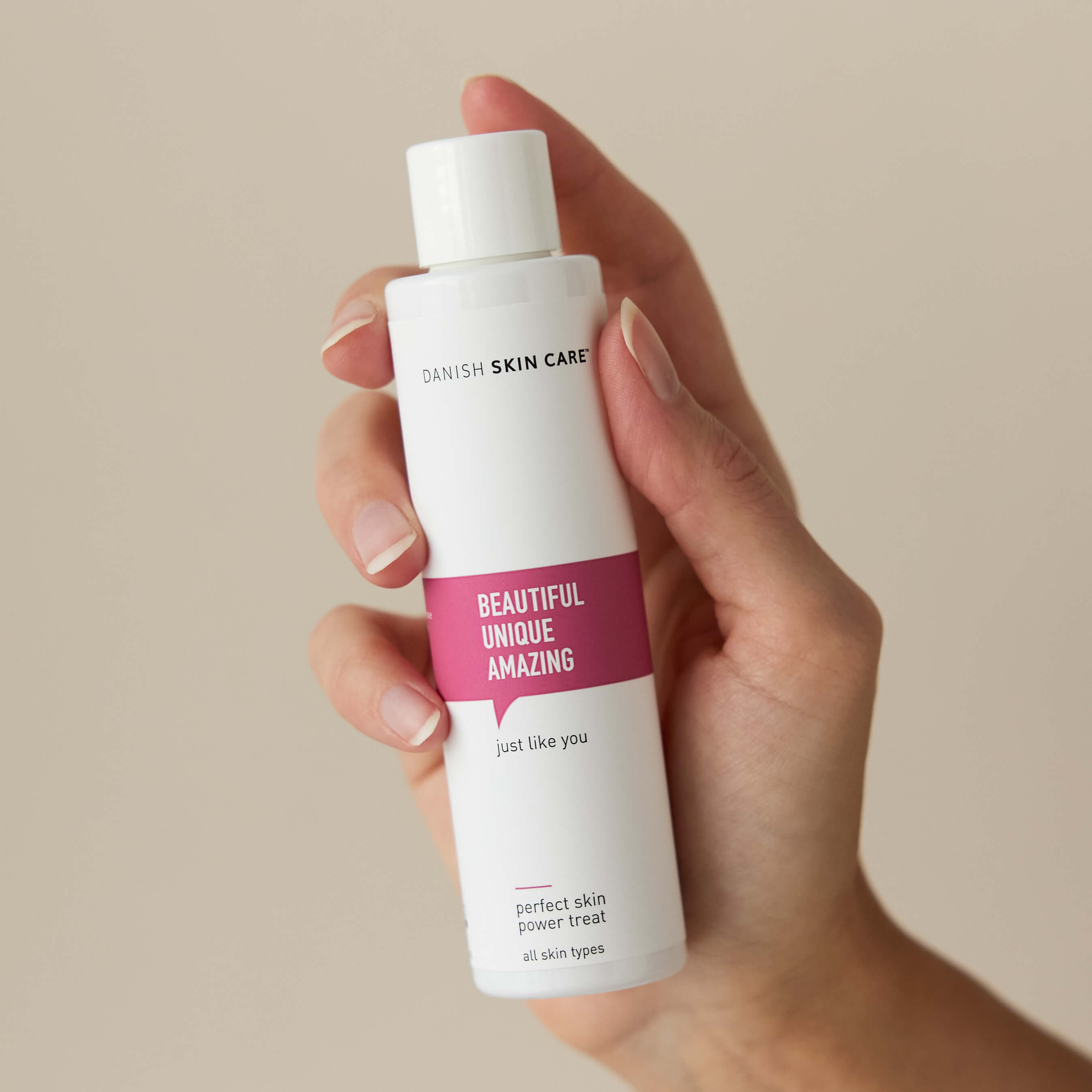


Leave a comment